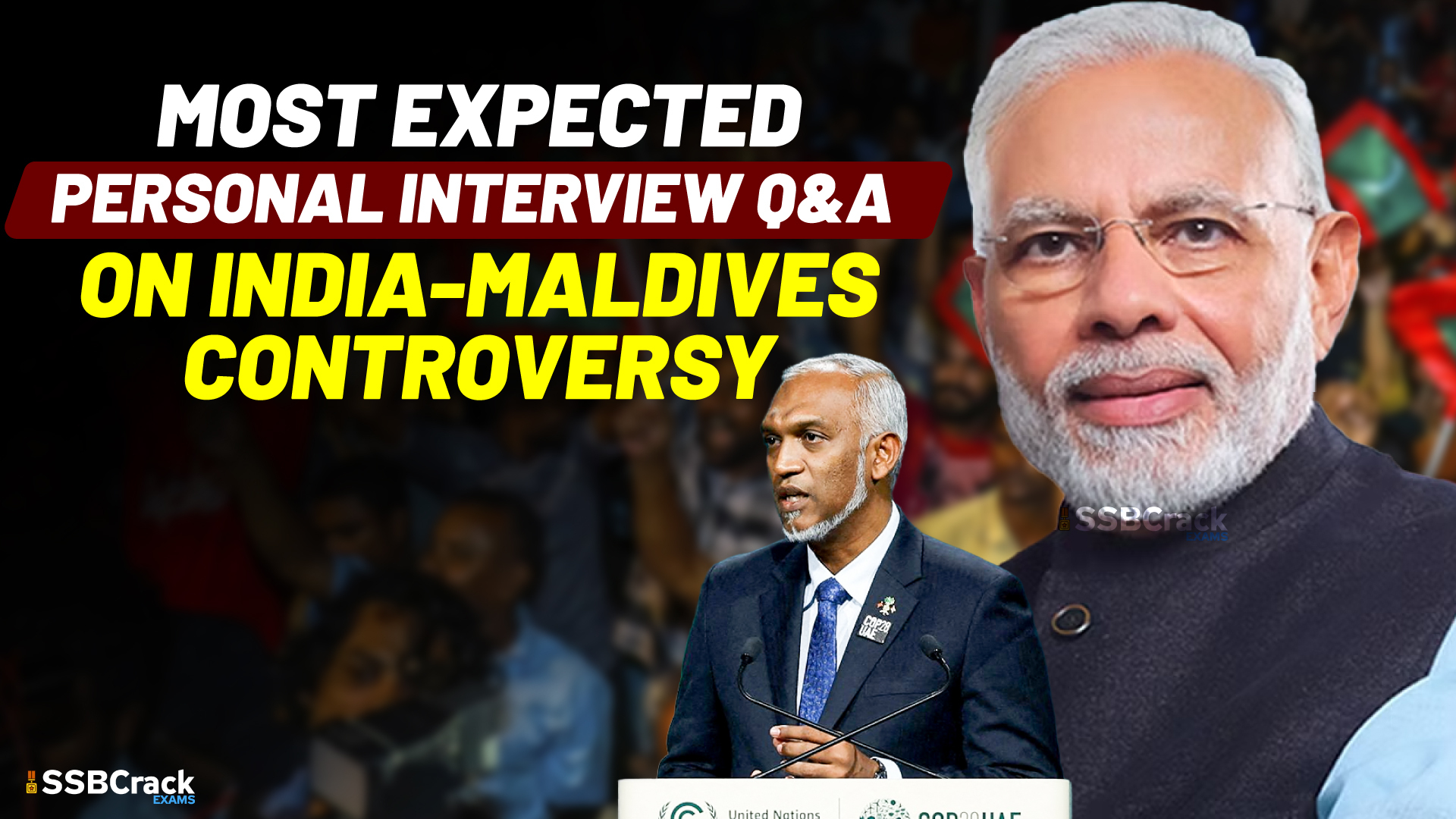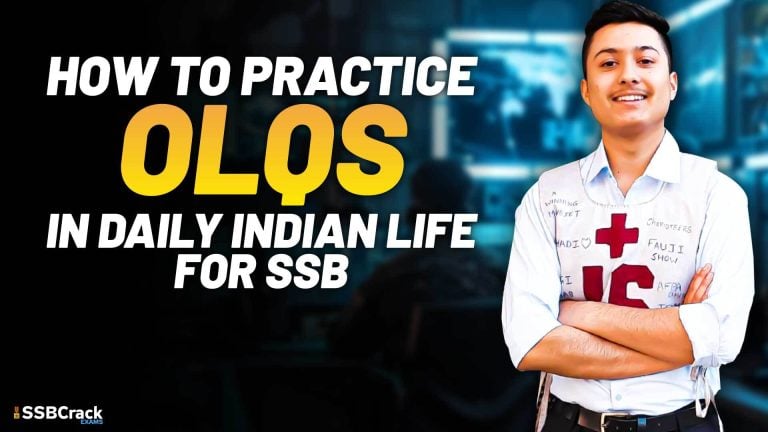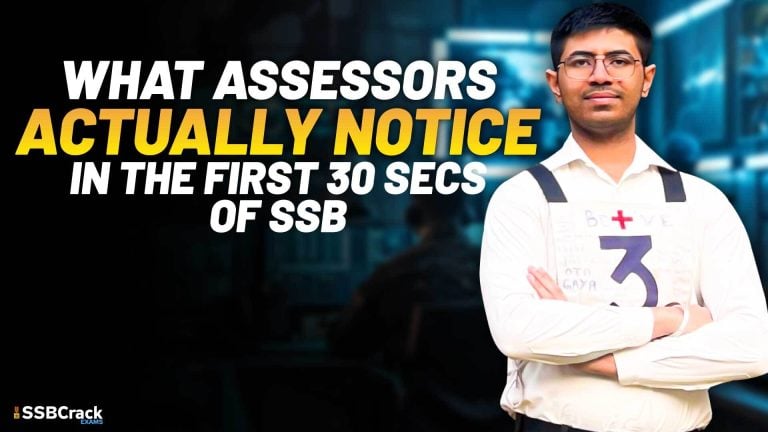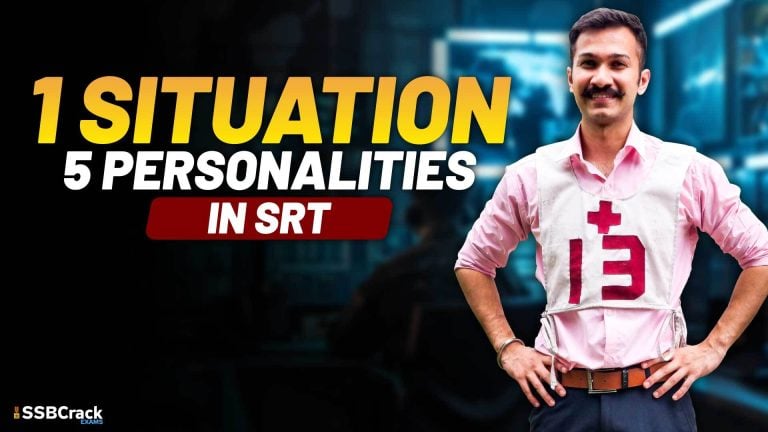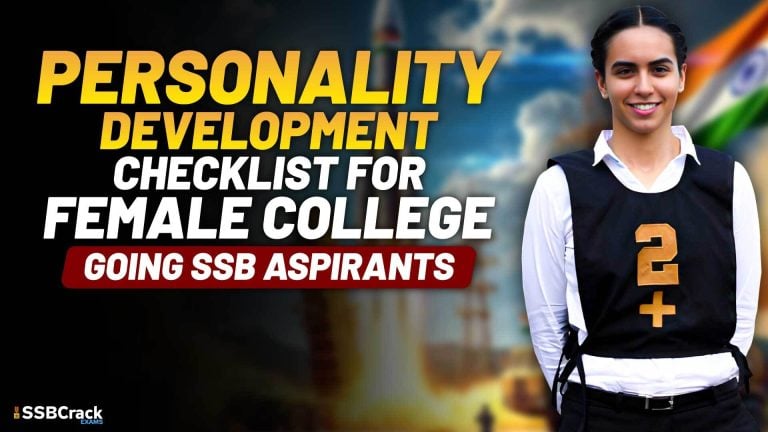Aspiring candidates appearing for the SSB (Services Selection Board) interview should be well-prepared to discuss geopolitical issues, and the India-Maldives controversy is a pertinent topic. To aid candidates in their preparation, this article presents 20 most expected questions on the India-Maldives controversy, along with comprehensive answers.
- **Question: Can you provide a brief overview of the India-Maldives controversy?Answer: The India-Maldives controversy centers around political instability in the Maldives and its potential impact on regional security. Tensions have arisen due to concerns over democratic norms, governance, and strategic interests.
- **Question: What are the historical factors contributing to tensions between India and Maldives?Answer: Historical factors include geopolitical positioning, trade relations, and diplomatic history. Understanding these factors is crucial to comprehending the nuances of the current controversy.
- **Question: How do India’s strategic interests in the Indian Ocean relate to the India-Maldives issue?Answer: India seeks to maintain stability in the Indian Ocean for maritime security and trade. The India-Maldives issue directly impacts these interests, prompting India to engage diplomatically and ensure regional stability.
- **Question: What diplomatic measures can be taken to resolve the India-Maldives issue peacefully?Answer: Diplomatic dialogue is key. Confidence-building measures, involving regional stakeholders, and fostering open communication are vital to resolving the India-Maldives controversy peacefully.
- **Question: How might the India-Maldives controversy affect neighboring countries and the broader region?Answer: Neighboring countries could experience diplomatic and economic consequences. Collaborative efforts are essential to mitigate the impact on regional stability.
- **Question: In what ways can regional stability be maintained amidst the India-Maldives controversy?Answer: Regional stability can be maintained through diplomatic engagement, cooperation, and a commitment to resolving differences through dialogue rather than confrontation.
- **Question: How do you think the India-Maldives controversy impacts India’s security concerns?Answer: The controversy poses challenges to India’s security by introducing uncertainties in its immediate maritime neighborhood. India must navigate this situation to safeguard its national security interests.
- **Question: What role can international organizations play in addressing human rights issues in the context of the India-Maldives controversy?Answer: International organizations can oversee and mediate discussions, ensuring human rights considerations are addressed. Collaborative efforts can contribute to a fair resolution that respects both sovereignty and human rights.
- **Question: If you were in a position of authority, how would you handle the India-Maldives issue?Answer: I would prioritize diplomatic solutions, respecting the sovereignty of both nations, while safeguarding national interests. An inclusive and balanced approach would be crucial in resolving the issue.
- **Question: How can India balance its geopolitical interests with humanitarian concerns in the India-Maldives controversy?Answer: India must pursue diplomatic solutions that balance geopolitical interests with humanitarian concerns. A pragmatic approach is necessary to foster stability without compromising on essential values.
- **Question: What implications does the India-Maldives controversy have on regional trade?Answer: The controversy could disrupt regional trade due to strained diplomatic relations. To mitigate this, diplomatic efforts should focus on resolving the underlying issues and fostering economic cooperation.
- **Question: How can India build trust and cooperation with the Maldives amidst the current controversy?Answer: Building trust involves open communication, addressing concerns diplomatically, and fostering cooperation in areas of mutual interest, such as economic development and security.
- **Question: What potential security challenges does the India-Maldives controversy pose for India?Answer: Security challenges may include concerns about maritime routes, potential alliances, and the overall stability of the Indian Ocean region. India must address these challenges diplomatically and strategically.
- **Question: How can India use soft power to influence the resolution of the India-Maldives issue?Answer: Soft power, through cultural exchanges, aid programs, and diplomatic gestures, can help foster goodwill. This can create a conducive environment for diplomatic negotiations.
- **Question: What lessons can be learned from similar geopolitical controversies in history?Answer: Historical controversies provide insights into diplomatic strategies, potential pitfalls, and successful resolutions. Analyzing these cases can inform current approaches to the India-Maldives issue.
- **Question: In what ways can economic cooperation be a catalyst for resolving the India-Maldives controversy?Answer: Economic cooperation can create mutual benefits, fostering goodwill and providing an incentive for diplomatic resolutions. Shared economic interests can be a strong motivator for stability.
- **Question: How does the India-Maldives controversy impact India’s role in regional alliances?Answer: The controversy may influence India’s position in regional alliances. India must navigate diplomatic waters carefully to maintain its standing while addressing regional concerns.
- **Question: What steps can India take to reassure its neighboring countries amidst the India-Maldives controversy?Answer: India can reassure neighbors through transparent communication, emphasizing peaceful resolutions, and demonstrating a commitment to regional stability.
- **Question: How should India balance its role as a regional power with the need for diplomatic solutions in the India-Maldives controversy?Answer: India should leverage its regional influence responsibly, emphasizing diplomatic solutions and collaborative efforts to resolve the issue peacefully.
- **Question: How can India contribute to broader international efforts to maintain peace and stability in the Indian Ocean amidst the India-Maldives controversy?Answer: India can contribute by actively participating in international forums, engaging in diplomatic dialogue, and promoting cooperative security measures to ensure peace and stability in the Indian Ocean region.
Conclusion:
Preparation is paramount for success in the SSB Personal Interview, and a comprehensive understanding of the India-Maldives controversy is essential. By anticipating and crafting thoughtful responses to these 20 expected questions, candidates can demonstrate their knowledge, analytical abilities, and diplomatic acumen, thereby enhancing their chances of making a positive impression during the interview process.
